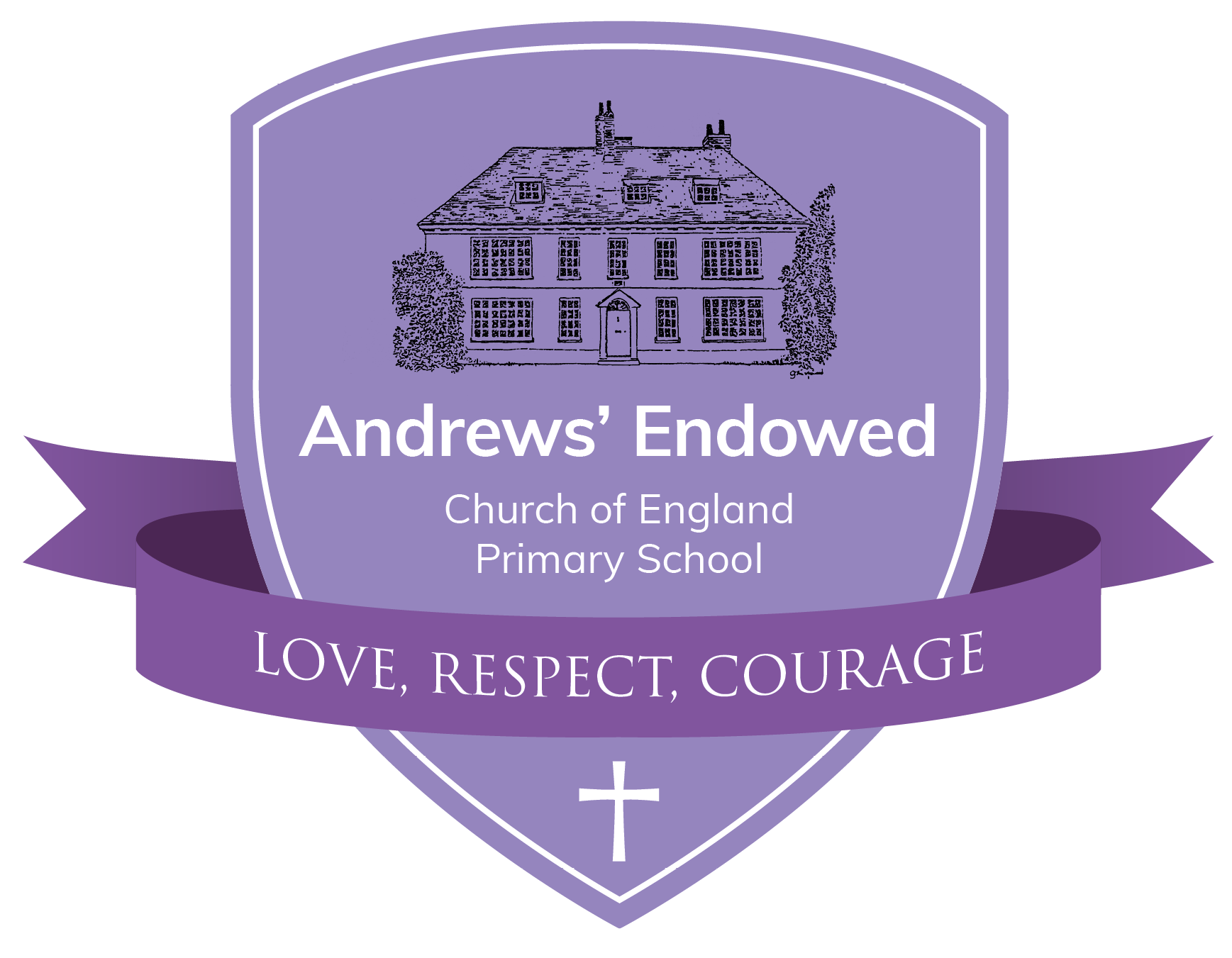
Acorns – EYFS
Welcome to Acorns at Andrews’ Endowed.
Our class teacher is Mrs. Vincent.
Our LSA is Mrs Marsh.
Mrs. Mason covers our learning for PPA.
Class Documents
Please find below our class documents for 2025-26

Autumn Term Documents
Topic and Curriculum Overview Autumn 1
Topic and Curriculum Overview Autumn 2
Acorn Skills Evening

Spring Term Documents

Summer Term Documents
What do our pupils think?
My friends and I have been at Andrew’s Endowed for nearly 7 years now and it has never been dull from Maths to Science – every lesson is fun. The teachers are jolly, kind and always try to be funny, especially if someone cracks a joke. My two favourite lessons are D.T and Art because I am allowed to be so creative!
Year 6 Pupil
During the 2 nd half term as Year 6, we get to be buddies for the children in our Reception class which we call Acorns. We help them to read, do maths and even help them in how to be good friends.
Year 6 Pupil
I did not start Andrews’ Endowed from the first year of reception, but our teachers here at Andrews’ have welcomed everybody new or not new. We always have a lot of one to one chats with teachers for good reasons if we need someone to talk to.
Year 6 Pupil
The EYFS Curriculum
Our Curriculum in Acorns can be broken up into the following sections:
-Talk about everything
-Encourage questions
-“Jump” on new words and have fun together talking about what they mean
-Encourage taking turns in conversations
-Encourage speaking clearly
-Praise good listening
-Play games where talking and listening are an important part
The specific areas of learning: literacy. mathematics. understanding the world and expressive arts and design.•
The characteristics of effective learning: playing and exploring. active learning. creating and thinking critically. So much quality learning can come from activities like helping with the washing, doing some gardening, baking, watching
films, colouring, playing board games, writing letters to friends and relatives, reading stories, talking and just spending time together!
Handwriting in ACORNS
Here are some pages about Handwriting in Acorns. These scans are from our teaching material. If you want to use them, you will need to write out some letters for your child to practise, following the instructions in the teaching guide.
